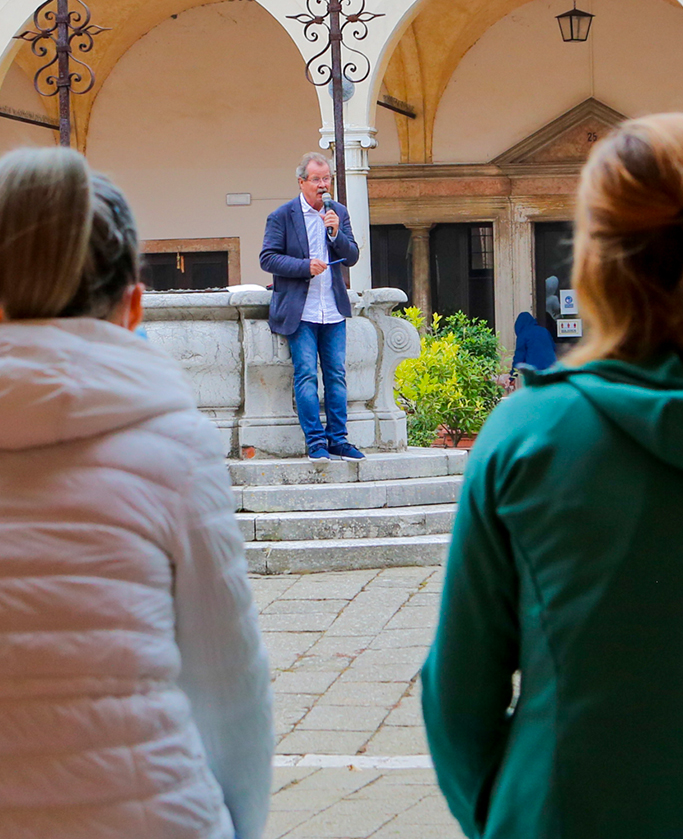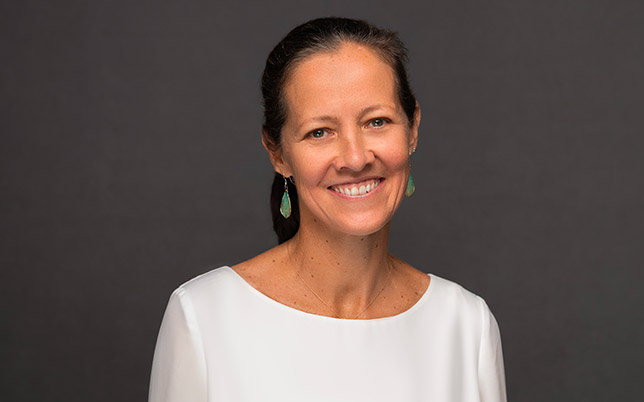The call for applications for the academic year
2026/2027 is now open
No scholarships are assigned as part of this second intake. Deadline for EU self-funded applicants:
22 March 2026
EMA Online Open Day
Join us for a Q&A session on Zoom and learn more about the overall EMA experience, from application to career pathways
Tuesday 3 March 2026 at 1.30 PM CET

EMA:
The European Master’s Progamme in Human Rights
and Democratisation
The European Master’s Programme in Human Rights and Democratisation (EMA) is a one-year, full-time course that provides a practice and policy-oriented approach to learning that combines legal, political, historical, anthropological, and philosophical perspectives of human rights and democratisation with skill-building activities and a field trip exercise.
25 years and counting
The EMA Programme is the longest running master’s programme in the Global Campus. Established in 1997, it is a unique example of inter-university cooperation. Through its network of 43 leading universities, the programme has cultivated expert knowledge in human rights and democratisation and developed practical skills in thousands of graduates from all across the world.
Our students are taught by leading academics from over 43 participating universities, experts and representatives of international organisations and NGOs.
Is EMA for you? Learn about the programme’s key features and if you are the right candidate!




EMA is part of the Global Campus of Human Rights
The Global Campus of Human Rights is an inter-disciplinary centre of academic excellence supported by the EU. Our eight Master’s programmes in human rights are based in Africa, Arab World, Asia-Pacific, Caucasus, Central Asia, Europe, Latin America and Caribbean, and South East Europe. Each regional programme fosters new generations of human rights defenders contributing to a world in which human dignity, equality, freedom, security, sustainable development, democracy and the rule of law are realised.
careers
Our students join the EMA programme for different reasons: for some it is a logical progression of their studies, for others EMA represents an opportunity to upskill or re-skill during their professional career.

Inge Jacobs
Global Sustainable Sourcing Lead, Mars
USA
EMA Cohort 1999

Vito Todeschini
Legal Advisor, Amnesty International
Italy
EMA Cohort 2012

Lea Frerichs
PhD in Sociology,
University of Hamburg
Germany
EMA Cohort 2021